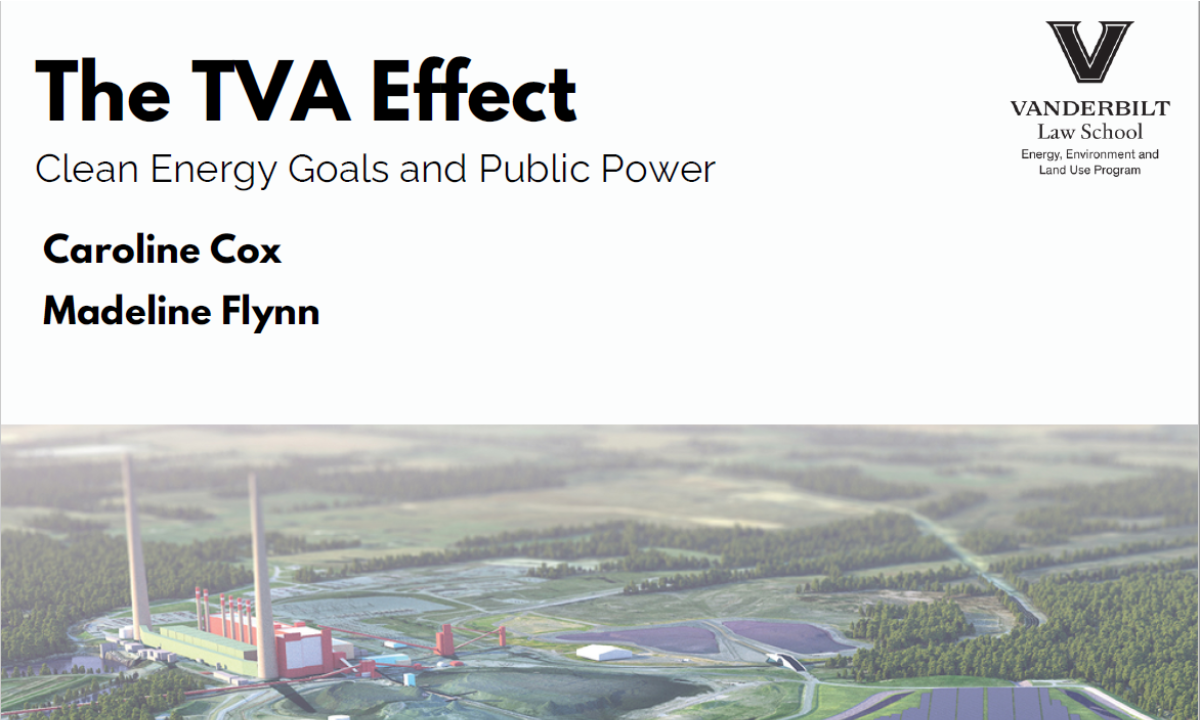In normal times, eviction law typically prioritizes the rights of property owners over the interest of tenants. The COVID-19 Pandemic compelled the federal government to prevent and / or postpone evictions for the sake of public health, through a series of measures, including the Coronavirus Aid, Relief, & Economic Security (CARES) Act and federal funding intended for emergency rental assistance. State governments issued their own COVID-related policies as well, some of which halted or slowed down the eviction process.
Implementation of these directives fell to the courts, which were already facing the same logistical challenges felt across our society – the need for social distancing and remote work among them. A new paper finds that, while courts addressed the technical challenges of the pandemic in a straightforward fashion, their response to federal and state directives was more nuanced.
Disaster Discordance: Local Court Implementation of State and Federal Eviction Prevention Policies During the COVID-19 Pandemic, written by Lauren Sudeall of Vanderbilt Law School, Elora Lee Raymond of Georgia Tech, and Philip M.E. Garboden of the University of Chicago, offers a mixed-method study of how courts in Florida and Georgia responded to eviction interventions during the Pandemic.
Through interviews with judges, clerks, and legal aid attorneys, the authors found that courts were more willing to implement the policy changes that more closely aligned with typical eviction court norms. Conversely, judges were less likely to embrace directives that ran counter to those norms, stifling the objectives of federal and state policies.
“We found that where federal and state eviction prevention policies aligned with metrics and values inherent in the typical eviction court structure [such as quick resolution and property rights]….courts were more willing to implement changes and, in some cases, even demonstrate exceptional creativity and flexibility,” the authors write.
“In contrast, where state or federal policy pushed back against courts’ usual case processing concerns, specifically speed and volume—as was the case with moratoria—courts were more likely to interpret such measures narrowly and implement as little as possible.”
The paper found that judges tended to describe their goals in terms of efficiency, procedural passivity, and supporting landlords’ property rights. When the COVID-19 policies butted up against these goals, judges often refused to implement changes that were not explicitly required and interpreted mandates narrowly. Those that increased speed and efficiency were implemented in broad and creative ways.
“Throughout our findings underscore the importance of designing emergency responses that account for – but are not necessarily premised on or limited to – implementers’ own definitions of success, rather than only on those that might be assumed by the policymakers,” the authors note.
“During the next emergency,” the paper concludes, “regardless of context, principles of accordance and discordance will likely continue to govern…. One interpretation of these findings is that they present a unique opportunity to sync motivation and innovation.”
Disaster Discordance: Local Court Implementation of State and Federal Eviction Prevention Policies During the COVID-19 Pandemic was published in the Georgetown Journal on Poverty Law and Policy.


